Using artificial neural networks could shorten the computing time required to create a personalized cancer vaccine, which is currently a lengthy process, to less than an hour, Alexander Gintsburg, director of the Gamaleya National Research Center for Epidemiology and Microbiology (Russia), told TASS.
"Currently, it takes a long time to design a vaccine because you need to calculate what an mRNA vaccine looks like, using the matrix method, in mathematical terms. We have contacted the Ivannikov Institute, which will rely on AI to do this math, in which these processes will take about half an hour to an hour."
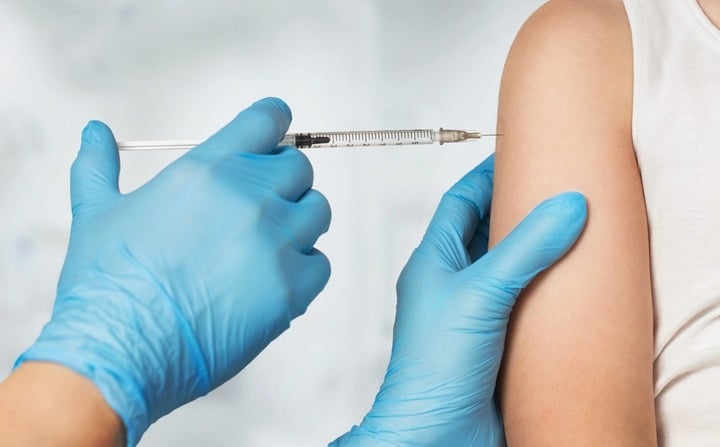
(Illustration)
The researcher previously explained to TASS that a test database of 40,000 to 50,000 tumor sequences, with compatible recognition of antigens, converted into proteins or RNA in patients, is needed to train the AI. He said this would help determine whether the vaccine can be used for individual patients.
The vaccine was developed in collaboration with several research centers. Director General of the Russian Health Ministry's Research Center for Medical Radiology Andrey Kaprin said preclinical trials have been completed.
How can machine learning help produce cancer vaccines?
The use of artificial intelligence in cancer vaccine development enables personalized treatment, but also poses new challenges for drug developers and regulators.
In immunotherapy, advances in artificial intelligence and machine learning can help crunch data from cancer biopsies to design vaccines that target patient-specific mutations. The ability to target patient-specific mutations is not new, and targeted cancer drugs such as anti-HER2 treatments and CDK4/6 inhibitors have become hot sellers in the industry. However, the potential for AI to identify neoantigens from individual patient biopsies has added to the efficiency of this process.
The use of AI has become a major topic of discussion in many industries, and pharmaceuticals is no exception.
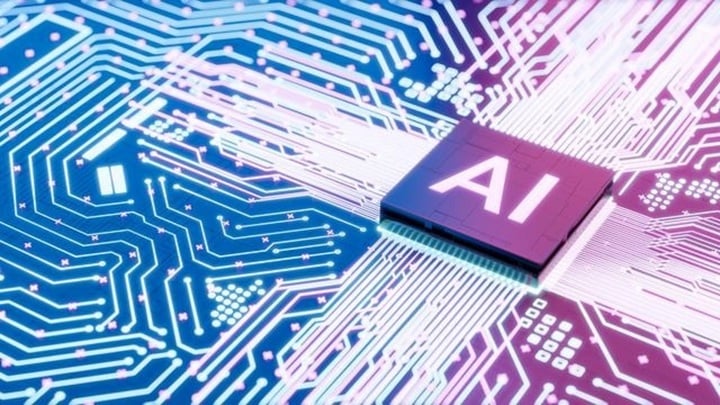
(Illustration)
“Mutations detected in patient biopsies can be fed into an algorithm to predict which mutations are most likely to be immunogenic,” said Scott Ebbinghaus, vice president of clinical research at Merck. “From there, we can synthesize RNA encoding each mutated cancer gene, tailored to the immune system. Each vaccine will be very unique to each individual.”
Unlike treatments that have been developed against a single fixed antigen, the AI system will seek to improve its ability to select neoantigens. The algorithm looks at the genetic mutations present in a patient’s tumor and predicts neoantigens that are most likely to elicit an immune response. “The algorithm has the ability to learn over time through pairing clinical and immunogenicity data, and hopefully will get better at selecting neoantigens that are likely to be clinically active,” said Kyle Holen, director of therapeutic development and oncology at Moderna.
Another company using AI is Transgene, which is partnering with NEC Corporation to design personalized cancer vaccines. Instead of mRNA vaccines, Transgene is working with viral vectors to train a patient’s immune system to fight specific cancer targets.
As cancer vaccines move into later-stage trials, one of the challenges will be regulating the potential products. The US Food and Drug Administration (FDA) has released a guidance document addressing multi-antigen vaccines. The agency states that each component of these shots may not need to be evaluated individually for safety and activity. However, the document does say that this will be “considered on a case-by-case basis.”
The FDA “recognizes the potential of artificial intelligence/machine learning (AI/ML) to accelerate the development of personalized treatments,” an FDA spokesperson said.
Source


![[Photo] Prime Minister Pham Minh Chinh starts construction of vital highway through Thai Binh and Nam Dinh](https://vphoto.vietnam.vn/thumb/1200x675/vietnam/resource/IMAGE/2025/5/12/52d98584ccea4c8dbf7c7f7484433af5)



![[Photo] Prime Minister Pham Minh Chinh works with the Standing Committee of Thai Binh Provincial Party Committee](https://vphoto.vietnam.vn/thumb/1200x675/vietnam/resource/IMAGE/2025/5/12/f514ab990c544e05a446f77bba59c7d1)
![[Photo] Prime Minister Pham Minh Chinh receives Swedish Minister of International Development Cooperation and Foreign Trade](https://vphoto.vietnam.vn/thumb/1200x675/vietnam/resource/IMAGE/2025/5/12/ae50d0bb57584fd1bbe1cd77d9ad6d97)
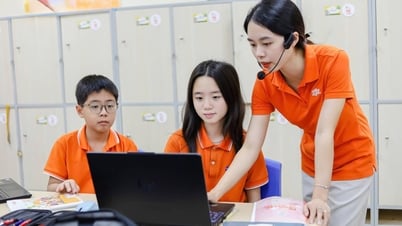

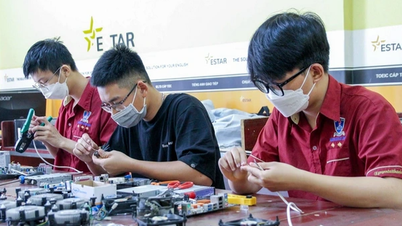



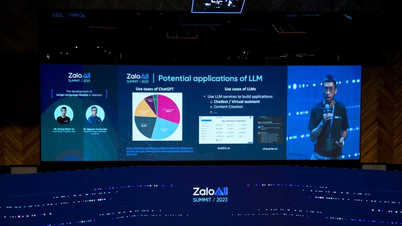

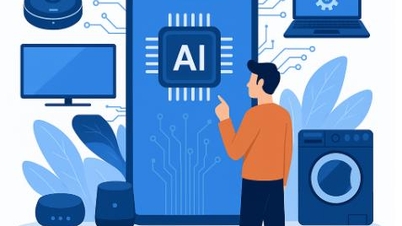





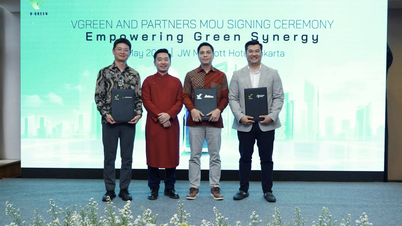
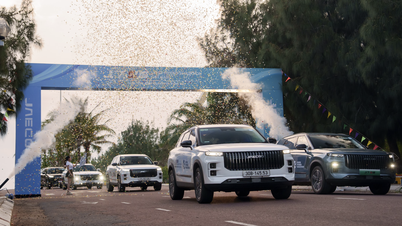
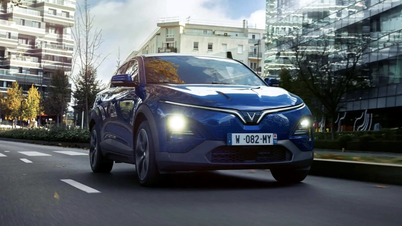











































































Comment (0)